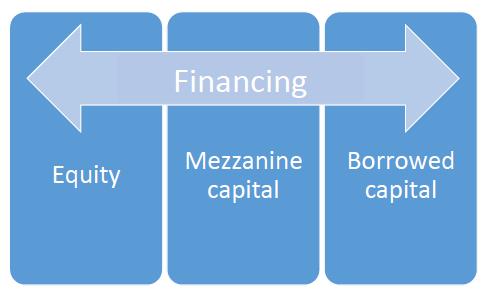Debt vs equity financing
Tukar Inc, a manufacturer of portable air conditioning units in phoenix, is planning to expand its operations due to increasing market demand. Using the EFN Model, Tukar will need 6.0 million to expand and decide whether to use debt or equity fiancing. Debt can be sold at a cost of 10% while new equity can be sold at $32.00 per share. As a consequence of an earlier IPO, the company has one million shares of below has been gathered for analysis and recommendation.

You might want to check out Finance Assignment Help for customised help .
Air Conditioning Industry Ratios
Current Ratio 2.0x
Sales to total assets 2.1x
Current Debt to total assets 36%
Long-term debt to net worth 32%
Total debt to total assets 52%
Fixed Coverage Ratio 6.0x
Net income to sales 4%
Return on total assets 9%
Net income to net worth 18%
Balance Sheet –Tukar Inc 12-31-2006
Assets: Liabilities:
Cash 2,520 Current liabilities 10,000
A/R 10,520 Long term debt (10%) 3,600
Inventories 15,200 Total Debt 13,600
TCA 28,240 Net Worth 26,400
Net Fixed Assets 11,760 Total liabilities $40,000
Total assets: $40,000
Revenues 80,000
Net operating income 8,360
Interest expense 360
Earning before taxes 8,000
Less: taxes (40%) 3,200
Earning after taxes 4,800
a. estimate Turkar’s cost of equity capital using the CAPM, assuming that the risk free is 7%, the expected return on the market is 12% with an attendant beta of 1.66
b. Determine and explain the market value of Turkar’s equity, price per share as well as its market value.
c. What is Turkar’s current weighted average cost of capital (WACC), using the 10% cost of debt given earlier and the cost of equity calculated in part (a) assume no short term interest bearing debt.
d. calculate the new financial structure and coverage relationships for expansion with debt and equity assuming that the percentage of net operating income to total assets remains the same.
e. if debt financing is used, the cost of equity will rise to reflect the higher and hence a beta of 1.72. With equity financing, the beta will drop to 1.60 to reflect low risk. Given this, calculate and discuss the cost if equity under both the debt and equity financing alternatives.
f. calculate the market value of equity and price per share under each financing method
g. calculate and discuss the market value of Tukar under each financing option
h. calculate and discuss the WACC under each method of financing
- based upon your activities above, which form of financing would you recommend for Tukar? Why?
j. In a 2 or 3 paragraphs, discuss several major pros and cons associated with debt and equity financing.
For solution towards the above problem email: [email protected] or chat with us on live .


